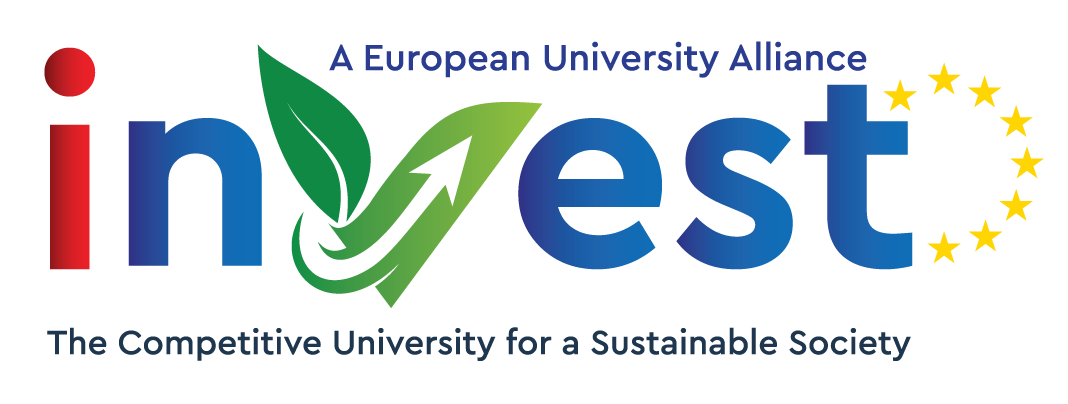MACHINE LEARING FOR WATER RESOURCES MANAGEMENT - WEBINAR
To whom: Academic staff and Final-year university students
When: November 20th 2025, 16:00-17:00 pm (EET)
Where: Online
How to participate (registration link and DL): https://forms.gle/mnZ438dBxjsokHxG8
A link to access the event will be sent to all registered participants upon successful registration.
Description of the event:
The increasing pressure on global water resources due to climate change, population growth, and industrial demands calls for smarter, data-driven management solutions. Machine Learning (ML) techniques have emerged as powerful tools for analyzing complex hydrological data, predicting water availability, optimizing resource allocation, and supporting decision-making processes.
This webinar will introduce participants to the fundamentals of applying ML in water resources management, including key algorithms, data requirements, and real-world applications. Through examples and case studies, attendees will explore how ML can support tasks such as flood prediction, water quality assessment, and demand forecasting. The session will also address challenges related to data quality, model selection, and the integration of ML models into existing management systems.
By the end of the webinar, participants will have a better understanding of how modern computational tools can contribute to more sustainable and efficient water management strategies.
Learning goals and competencies:
• Understand the fundamental principles of ML and its relevance to water resources management (WRM).
• Recognize the types of hydrological and environmental data suitable for ML applications.
• Identify common ML models and algorithms used for prediction, classification, and optimization in water-related contexts.
• Explore real-world examples and case studies illustrating the application of ML to water management challenges.
• Gain insights into current limitations and future directions for integrating ML into sustainable resource management practices.
Organizing HEI: University of Thessaly
Responsible person: Maria Drogkoula (Phd cand., Digital Systems Department, University of Thessaly, Larissa, Greece)
